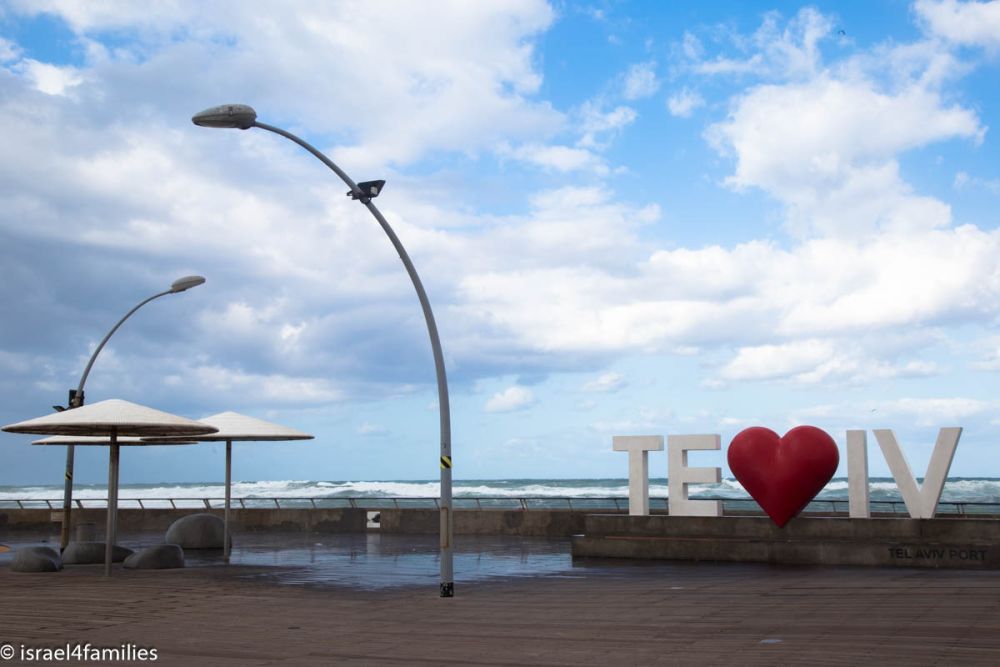

The Port of Tel Aviv, or Namal Tel Aviv, has a storied past that goes hand in hand with the evolution of Tel Aviv itself, which was founded in 1909. Namal Tel Aviv was officially inaugurated in 1936 and served as a vital gateway for the import and export of goods, significantly contributing to Israel's economy during its early years. However, the port's commercial use gradually declined in the late 20th century due to the development of newer and larger port facilities elsewhere.
Following its decline in commercial activity, the Port of Tel Aviv underwent a dramatic transformation. The redevelopment of the port area, starting in the late 1990s and early 2000s, was a monumental shift that saw the port become a bustling center for leisure, entertainment, and culture. The old warehouses were turned into vibrant spaces housing restaurants, clubs, boutiques, and art galleries, attracting both locals and tourists alike.
With the port's new focus on tourism and entertainment, Namal Tel Aviv quickly became one of Israel's most popular tourist destinations. Its picturesque boardwalk, which offers sweeping views of the Mediterranean Sea, is perfect for leisurely strolls, cycling, and rollerblading. Today, the complex attracts millions of visitors annually and is considered a must-see for anyone visiting Tel Aviv.
In recent years, eco-tourism and sustainable travel practices have emerged prominently within the tourism sector. Namal Tel Aviv has responded by offering more eco-friendly and sustainable activities for visitors, such as open-air markets featuring organic and local produce, and events that promote environmental awareness.
Another growing trend is the pursuit of unique, culture-rich experiences. Consequently, the port often hosts a variety of events, including music performances, art exhibitions, and food festivals, offering authentic experiences that showcase Israel's diverse cultural landscape.
The influence of social media on travel decisions is also evident at Namal Tel Aviv. Many spots around the port have become Insta-famous, drawing travelers seeking the perfect backdrop for their posts. The combination of the port's historical elements with its modern, urban design, makes it particularly attractive to this social-media-savvy demographic.
From a bustling commercial port to an entertainment and cultural landmark, Namal Tel Aviv has successfully redefined itself. With a strong adherence to evolving tourism trends and a nod to its historical significance, the Port of Tel Aviv continues to be a vibrant and dynamic destination that offers an array of experiences to locals and international visitors alike.